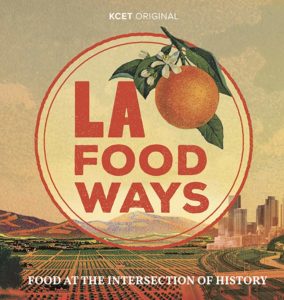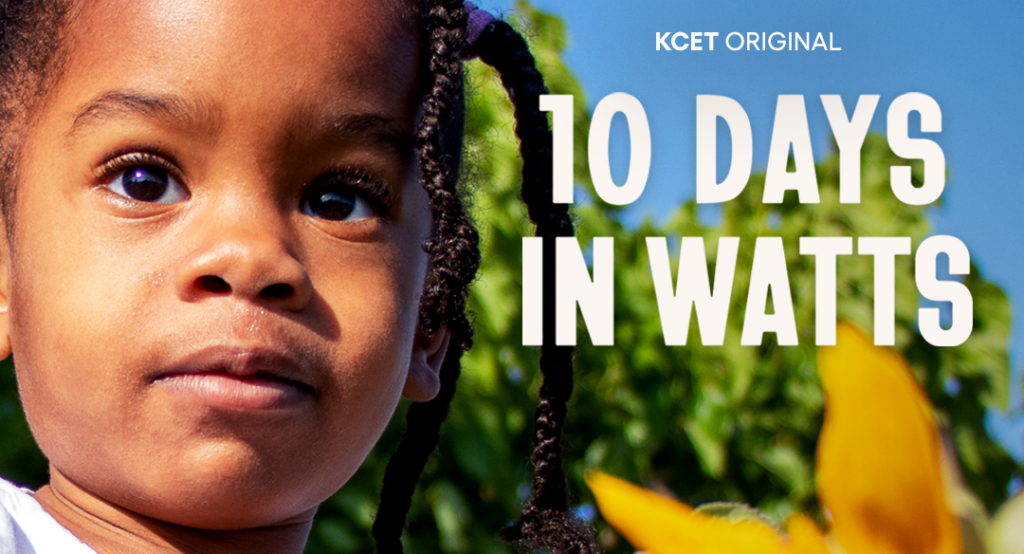Playing on KCET for Earth Day:
April 22nd, starting at 9PM
Episode 1: “Legacy” – 9PM PST
Episode 2: “We Are Taught to Survive” – 9:30PM PST
Episode 3: “Watts Pride” – 10PM PST
Episode 4: “A Garden Grows In Watts” – 10:30PM
An urban garden called MudTown Farms is about to open in Watts, built and nurtured by dedicated residents who see more than economic hardship, social inequality and environmental racism in their future. Over a ten-day period, the series chronicles three generations of the Watkins family, as well as students, farmers, and community leaders committed to healing past social injustices.
The episodes are detailed as follows:
Episode 1: “Legacy”
Ten days from MudTown Farms’ opening in the Los Angeles community of Watts.
Episode 2: “We Are Taught to Survive”
A week from opening, the farm presses on in the face of challenges and deadlines.
Episode 3: “Watts Pride”
Four days to opening MudTown, the next generation of community leaders are introduced.
Episode 4: “A Garden Grows In Watts”
MudTown Farms opens after twelve years and the community comes out to celebrate.
Explore the History of Los Angeles’ Agriculture In New Multi-Platform Food Series LA FOODWAYS, Premiering Feb 6 on KCET.
Presenting Surprising Solutions to Current Challenges, New KCET Original Documentary Showcases How Food Is at the Intersection of History.
An urban garden called MudTown Farms is about to open in Watts, built and nurtured by dedicated residents who see more than economic hardship, social inequality and environmental racism in their future. Over a ten-day period, the series chronicles three generations of the Watkins family, as well as students, farmers, and community leaders committed to healing past social injustices.


